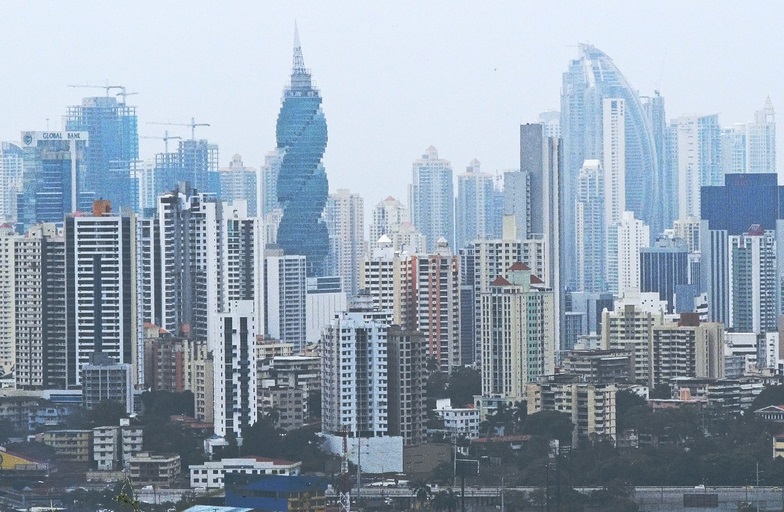The leak of the “Panama papers” offers the chance to make tax evasion harder, according to a corruption expert from Sussex University.
Dan Hough, a professor of politics at Sussex who specialises in corruption, spoke out as Labour pressed the Prime Minister David Cameron to answer questions about his own tax position.
Mr Cameron’s late father Ian is one of the people identified as having benefited from the offshore arrangements detailed in the leaked documents from the law firm Mossack Fonseca.
Another Sussex University academic, Paul Lashmar, said that politicians had promised for years to crack down on tax havens and offshore tax evasion but had done little about it.
Now, thanks to investigative journalists, he said, their hand was being forced and may mean that the rich will have to pay their fair share of taxes.
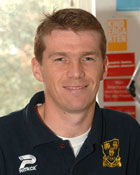
Professor Hough said: “This might be David Cameron’s best opportunity to leave something akin to a lasting legacy.
“That the rich and powerful appear to be able to act largely anonymously while squirrelling their wealth away from prying eyes should be deeply troubling to anyone who believes that transparency is the best disinfectant against corruption, fraud and tax evasion.
“And here David Cameron in particular has an opportunity. Given both the size of the UK’s financial services sector and the fact that many of the tax havens that the likes of Mossack Fonseca use fall under UK jurisdiction, the UK government has an opportunity to push others in to a corner and make a difference.
“Cameron has called an international anti-corruption summit in London in May. It could end up as nothing more than a talking shop.
“But it might also be the perfect forum to push for an international agreement on stricter rules concerning beneficial owners. It is also a moment to generate commitments to actually implementing such legislation.
“The UK will inevitably be at the centre of pushing for, or kicking back against, changes in international financial regulations.
“Cameron has the choice between watching and worrying from the sidelines, or seeing the Mossack Fonseca case for what it really is – a wake-up call to try to finally do something about the long-outdated rules and regulations that shape international financial transactions.”

Mr Cameron faces calls to set up an independent inquiry with members of the House of Lords and political donors named in the Panama papers.
One of Mr Cameron’s former ministerial colleagues, Dominic Grieve, who served as Attorney General, the government’s senior law officer, said that there was a “need for transparency” from public figures such as the Prime Minister.
His remarks came after Mr Cameron’s office said that Mr Cameron’s tax arrangements were a private matter.
Labour leader Jeremy Corbyn spoke about the way that tax dodging deprives the Treasury of legitimate revenue and leads to the government making spending cuts in public services.
Mr Corbyn said: “The publication of the Panama papers this week drives home what more and more people feel – that there is one rule for the rich and another for everyone else.
“It is time to get tough on tax havens. Britain has a huge responsibility. Many of those tax havens are British Overseas Territories or Crown Dependencies.
“As the leaked documents show, tax havens have become honey pots of international corruption, tax avoidance and evasion.
“They are sucking tax revenues out of our own country and many others, fuelling inequality and short-changing our public services and our people.”
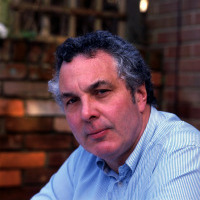
Paul Lashmar, a senior lecturer in journalism at Sussex University, praised the role of journalism in bringing the issue to light. It is the third and biggest set of similar documents to have been published in the past few years.
Mr Lashmar said: “With the Panama Papers exposé perhaps we can now say the fortress walls of offshore secrecy are finally cracking.
“Such havens allow corruption and tax avoidance to take place on a massive international scale by some of the richest and most powerful people on Earth. Meanwhile, the poor get poorer.
“Western politicians have huffed and puffed about clamping down on offshore havens but in reality their collective breath would not have knocked over a little piggie’s straw house let alone bastions of vested interest.
“It is thanks to investigative reporters, whistleblowers and unprecedented international media collaboration that the matter is being forced.”
Jennie Granger, director general of enforcement and compliance at HM Revenue and Customs, said: “HMRC is committed to exposing and acting on financial wrongdoing and we relentlessly pursue tax evaders to ensure that they pay every penny of taxes and fines they owe.
“HMRC can confirm that we have already received a great deal of information on offshore companies, including in Panama, from a wide range of sources, which is currently the subject of intensive investigation.
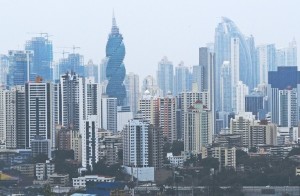
“We have asked the ICIJ (International Consortium of Investigative Journalists) to share the leaked data that they have obtained with us.
“We will closely examine this data and will act on it swiftly and appropriately.
“We have brought in more than £2 billion from offshore tax evaders since 2010 and the government has repeatedly strengthened our powers and resources with new criminal offences and higher penalties, so we can take even tougher action against the minority who try to cheat the honest majority by hiding their money in offshore tax havens.
“Our message is clear: there are no safe havens for tax evaders and no one should be in any doubt that the days of hiding money offshore are gone.
“The dishonest minority, who can most afford it, must pay their legal share of tax, like the honest majority already does.”
Shadow Chancellor John McDonnell said: “The Prime Minister should lead by example and come out and set the record straight on his own tax affairs. We need full and total transparency.
“We also need to know the truth behind reports that the Conservative Party has received substantial donations from those linked to this scandal.
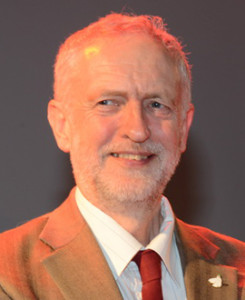
“The Tories should come clean and set out exactly what the situation is. Is the Prime Minister happy to receive money from big donors who are accused of tax avoidance?
“Because it is those taxpayers who pay their fair share in taxes who have to shoulder the burden for those who do not.
“This is a basic principle that any party of government cannot take lightly.”
Mr Cameron’s father Ian ran an offshore fund which, according to The Guardian, avoided ever having to pay tax in Britain by hiring people in the Bahamas, including a part-time bishop, to sign its paperwork.
Mr Cameron has refused to say whether this family still benefits from offshore tax arrangements in light of the revelations.
They are contained in a leaked set of 11.5 million confidential documents created by the Panamanian firm Mossack Fonseca.
The documents provide detailed information on more than 214,000 offshore companies, including the identities of shareholders and directors.
Among those named who have a Brighton and Hove connection are Sir Tony Baldry, 65, who studied at Sussex University before becoming the Conservative MP for Banbury from 1983 to 2015.
He was the chairman of Westminster Oil, which was registered in the British Virgin Islands. He said that he had registered his interest while serving as an MP and informed Revenue and Customs of his directors’ fees. The company was registered in the British Virgin Islands, he said, because its directors and shareholders came from various countries.
Leo Ulloa, 29, the former Brighton and Hove Albion footballer who now plays for Leicester City, has also been named along with the likes of his fellow Argentinian footballer Lionel Messi and the French former UEFA chief Michel Platini.

